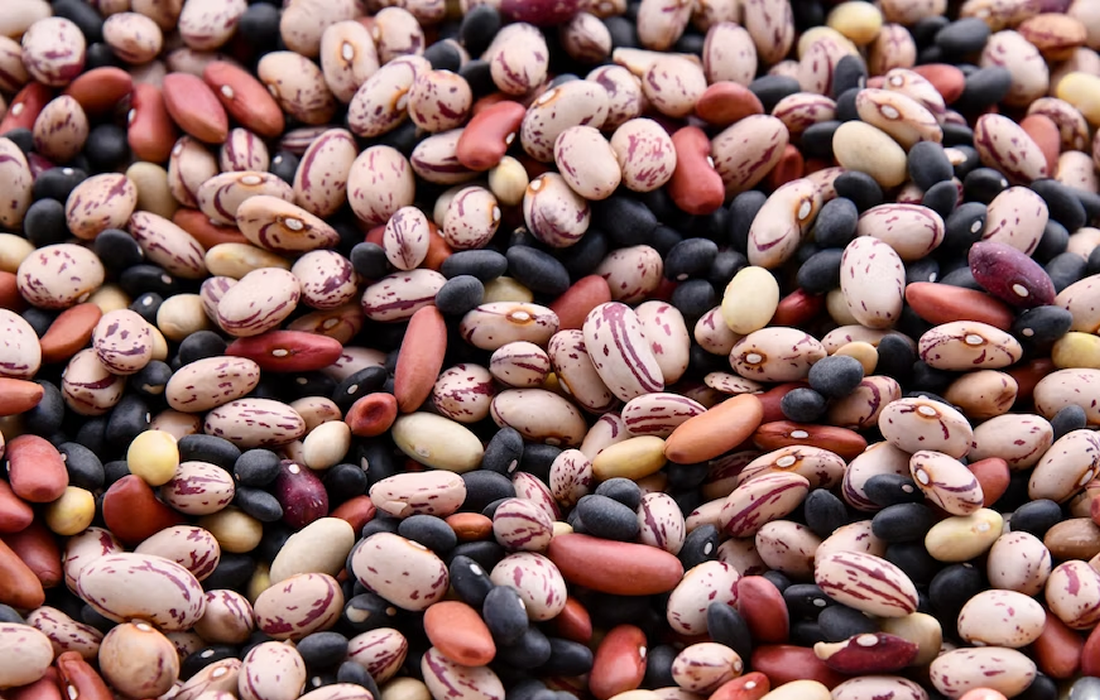Nutrition and Supplements
Unique Mexican Black and Pinto Bean Varieties Are High in Healthy Compounds
Common beans are important food sources with high nutritional content. Bean seeds also contain phenolic compounds, which have antioxidant and anti-inflammatory properties that promote health.
A study from the University of Illinois Urbana-Champaign and CIATEJ in Guadalajara, Mexico, explored the composition of seed coat extracts from black and pinto bean varieties unique to the Chiapas region of Southern Mexico.
“These beans are preserved among Mayan communities and grown by indigenous farmers. They are heirlooms from past generations and are important because of their cultural significance and contribution to biodiversity,” explained study co-author Elvira de Mejia, professor in the Department of Food Science and Human Nutrition (FSHN).
The research team selected two varieties among several collected in the Chiapas region because of their high phenolic content, present in the seed coat pigment that gives the beans their dark red or black coloring.
“These phenolic compounds have the capability of keeping oxidation and inflammation under control, which could help decrease the risk of chronic health issues such as cardiovascular disease, cancer, and diabetes,” de Mejia said.
First, the researchers removed the bean seed coat and ground it for processing. Then they analyzed the chemical composition of a crude extract, as well as an enriched extract that was purified to concentrate the phenolic content. They also measured the bean extracts’ antioxidant capacity and ability to inhibit free radicals through biochemical assays and in silico molecular docking, a type of computer simulation.
“We found the black beans had high quantities of anthocyanin, in particular delphinidin, petunidin, and malvidin glucosides, which have antioxidative properties. The pinto beans had the highest total content of phenolic compounds and showed great potential for inhibiting enzymes that contribute to inflammation,” said David Fonseca Hernández, a doctoral student at CIATEJ, and lead author of the paper.
The seed coat extracts can be used as additives in the food industry or in cosmetics, Fonseca explained.
The researchers also found that the process of enriching the extracts can further concentrate the anthocyanins and phenolic compounds, which is useful both for industry and research purposes.
The project can help provide regional support by increasing wellness and developing Mexico’s southern region by preserving these unique bean varieties, the researchers stated.
Following up on the study’s significant laboratory findings, the next steps will be to test the extracts on cell tissue cultures and eventually in clinical trials.
Sources:
David Fonseca Hernández, Luis Mojica, Mark A. Berhow, Korey Brownstein, Eugenia Lugo Cervantes, Elvira Gonzalez de Mejia. Black and pinto beans (Phaseolus vulgaris L.) unique mexican varieties exhibit antioxidant and anti-inflammatory potential. Food Research International, 2023; 169: 112816 DOI: 10.1016/j.foodres.2023.112816
University of Illinois College of Agricultural, Consumer and Environmental Sciences. (2023, July 28). Unique Mexican black and pinto bean varieties are high in healthy compounds. ScienceDaily. Retrieved July 31, 2023 from www.sciencedaily.com/releases/2023/07/230728170630.htm
Image from: https://unsplash.com/photos/t4X660oKiYs

